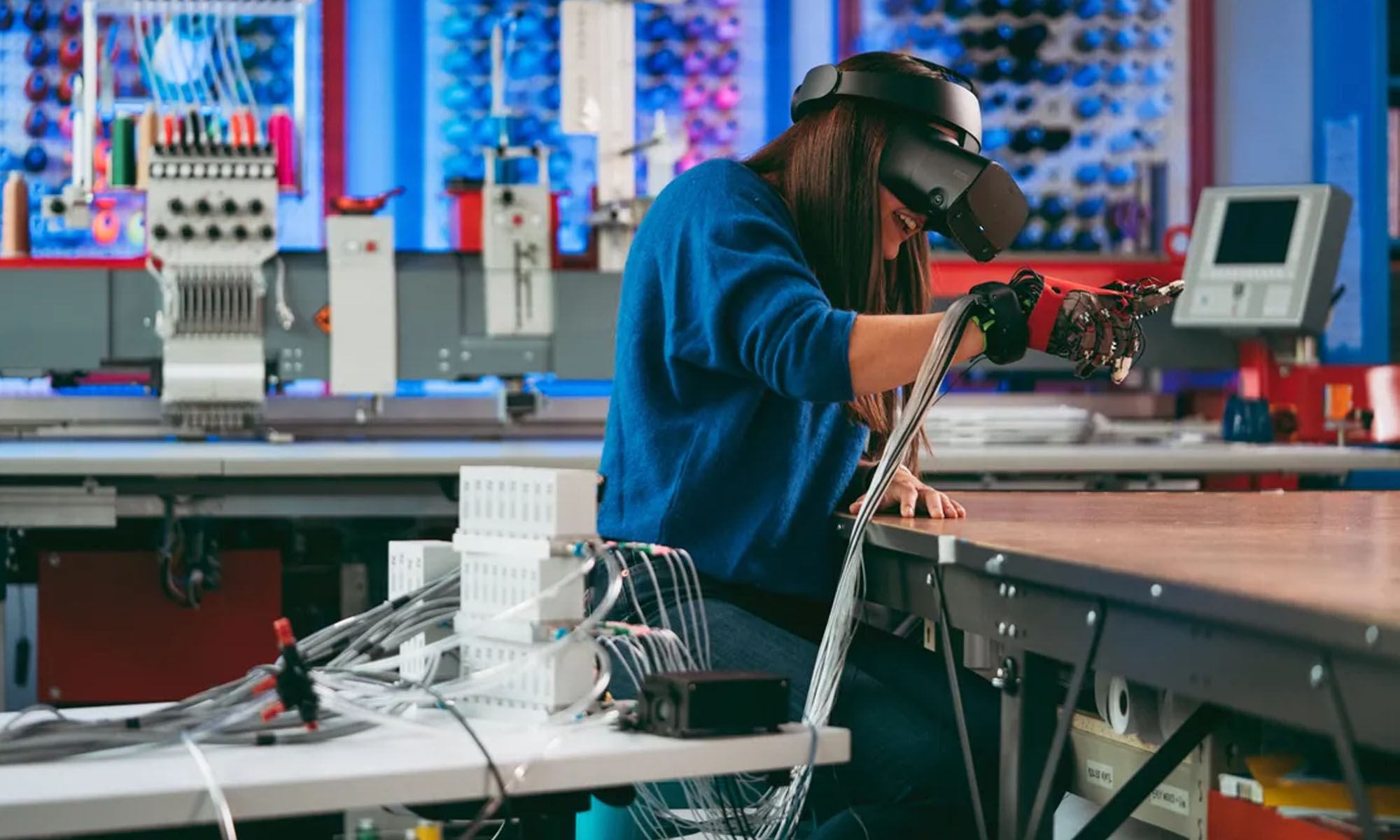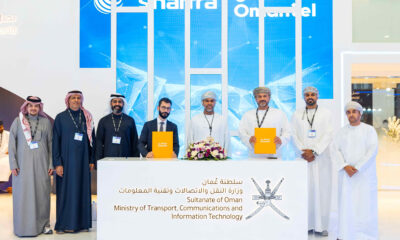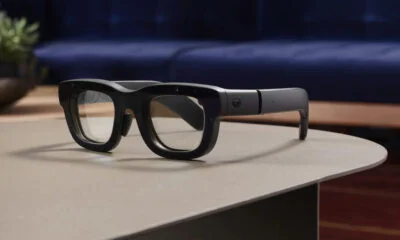News
Meta Unveils Its Prototype Haptic Gloves For Virtual Reality
The gloves are capable of simulating complex sensations to provide their wearer with natural feedback when interacting with virtual objects.

Meta — formerly Facebook — is trying to create what it describes as an embodied version of the internet, and it’s working hard on many individual pieces that are supposed to enable users to interact with it. Recently, a team at Reality Labs (RL) Research has unveiled a prototype of virtual reality haptic gloves capable of simulating complex sensations to provide their wearer with natural feedback when interacting with virtual objects.
The gloves use arrays of microfluidic actuators driven by the world’s first high-speed microfluidic processor to achieve millisecond response times while keeping power consumption minimal — something that’s extremely important for any wearable hardware device.

Once ready for release, the gloves could be used to support many virtual reality use cases. “The value of hands to solving the interaction problem in AR and VR is immense” explained RL Research Director Sean Keller. “We use our hands to communicate with others, to learn about the world, and to take action within it. We can take advantage of a lifetime of motor learning if we can bring full hand presence into AR and VR”.
Unfortunately, a lot of work still needs to be done for the technology to leave the research lab where it’s being developed. According to Keller, the team has made groundbreaking progress across multiple scientific and engineering disciplines, but the light at the end of the tunnel is only starting to become visible.
Also Read: A Beginner’s Guide To Getting Started With NFTs
Meta isn’t the only company working on haptic gloves for virtual reality. There’s also HaptX, whose founder and CEO Jake Rubin has accused Meta of copying its patented designs. In an official statement, the company claims that Meta’s gloves appear to be substantially identical to HaptX’s patented technology.
“We welcome interest and competition in the field of microfluidic haptics; however, competition must be fair for the industry to thrive” said Rubin. Meta has yet to respond to the accusation, so stay tuned for updates.
News
Alienware Just Announced Six New Gaming Monitors
The new models include three QD-OLED and three budget-friendly QHD options, expanding the company’s lineup for all gamers.

Alienware has just updated its gaming monitor lineup with six new additions, including the highly anticipated Alienware 27 4K QD-OLED Monitor. The latest wave of releases is set to reach more gamers than ever, offering high-end QD-OLED displays alongside more budget-friendly options.
The latest displays clearly show that the company is doubling down on QD-OLED with three new models sporting the technology. A redesigned Alienware 34 Ultra-Wide QD-OLED Monitor is also making a return, further refining what is already a fan-favorite display.
A Unified Design: The AW30 Aesthetic
All six monitors feature Alienware’s new AW30 design language, first introduced at CES. The AW30 aesthetic brings a futuristic, minimalist look that unites the entire lineup under a cohesive visual identity.
Pushing QD-OLED Even Further
The refreshed Alienware 34 Ultra-Wide QD-OLED Monitor (AW3425DW) builds on its predecessor’s success with a 240Hz refresh rate (up from 175Hz) and HDMI 2.1 FRL support. It also gains G-SYNC Compatible certification alongside AMD FreeSync Premium Pro and VESA AdaptiveSync, ensuring ultra-smooth performance. With a WQHD (3440×1440) resolution and an 1800R curve, this display enhances immersion for both gaming and cinematic experiences.
For those who crave speed, the Alienware 27 280Hz QD-OLED Monitor (AW2725D) pairs a high refresh rate with QHD resolution, balancing sharp visuals with ultra-smooth gameplay. Meanwhile, the Alienware 27 4K QD-OLED Monitor (AW2725Q) delivers stunning clarity with an industry-leading pixel density of 166 PPI, making it the sharpest OLED or QD-OLED monitor available.
Also Read: Infinite Reality Acquires Napster In $207 Million Deal
Worried about OLED burn-in? Alienware’s entire QD-OLED lineup comes with a three-year limited warranty covering burn-in concerns, offering peace of mind for gamers investing in these high-end displays.
Bringing QHD To A Wider Audience
Alongside QD-OLED, Alienware is also releasing three new QHD gaming monitors aimed at more price-conscious gamers. The Alienware 34 Gaming Monitor (AW3425DWM), Alienware 32 Gaming Monitor (AW3225DM), and Alienware 27 Gaming Monitor (AW2725DM) provide a range of sizes and formats to suit different preferences:
- The Alienware 34 Gaming Monitor (AW3425DWM): An ultrawide (WQHD) option for a panoramic, immersive experience.
- The Alienware 32 Gaming Monitor (AW3225DM): A standard 16:9 panel for a traditional but expansive desktop setup.
- The Alienware 27 Gaming Monitor (AW2725DM): A 27” display offering the same performance in a more compact form factor.
All three gaming monitors feature a fast 180 Hz refresh rate, a 1ms gray-to-gray response time, and support for NVIDIA G-SYNC, AMD FreeSync, and VESA AdaptiveSync to eliminate screen tearing. Additionally, with 95% DCI-P3 color coverage and VESA DisplayHDR400 certification, these displays deliver vibrant colors and high dynamic range for lifelike visuals.



























